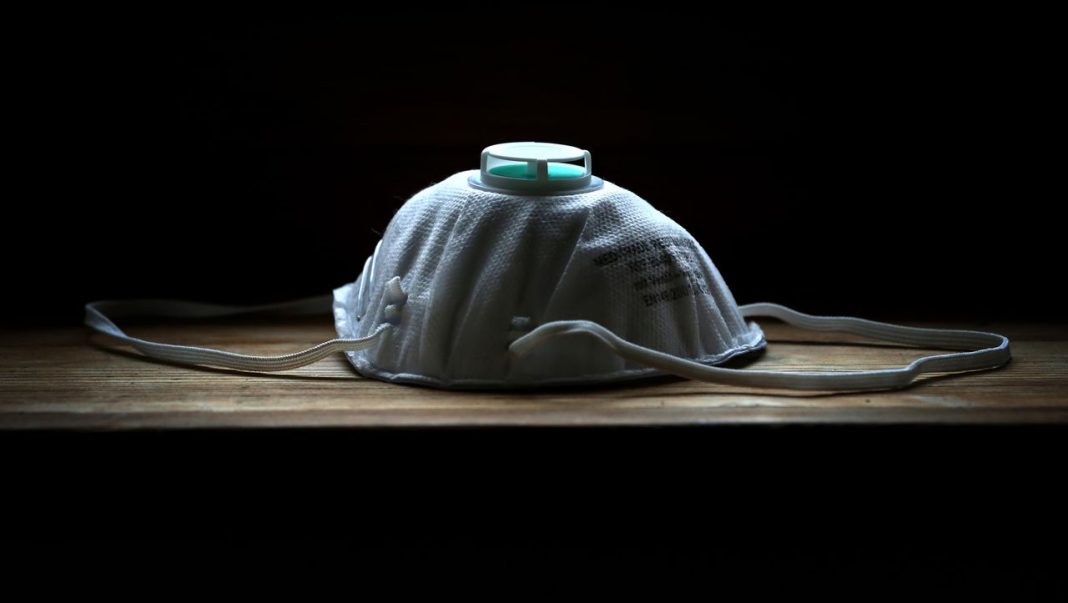The range of medical breathing masks was already manageable. Now the situation is getting worse due to the mask requirement in force in Germany from Monday. Several wholesalers have reported sluggish supplies to the Frankfurter Allgemeine Sonntagszeitung. “Even though we have increased our stocks, demand is still outstripping supply,” the newspaper quoted wholesaler Gehe as saying. The company is only “partially deliverable”.
Market leader Phoenix said its breathing masks were soon “largely sold out.” The Pharmacists’ Association also confirmed the lack of masks, but has hope. “The supply situation for mouthguards and masks is difficult,” due to an increase in demand in parts of the public as of Monday’s mask requirement, a spokeswoman said. However, as more companies are starting to make masks, the situation is likely to “continue to improve in perspective”.
“A ghostly situation”
According to the report, the mask market is now so chaotic that even analysts have lost track. More and more masks are sold without a so-called pharmaceutical central number and cannot be tracked by market researchers such as Gesdat. “We don’t know anything. We have lost track,” said a spokesman for pharmaceutical wholesaler Alliance Healthcare, which includes Gesdat. It was a “ghostly situation.”
The shortage mainly affects consumers. Doctors, hospitals and nursing homes are cared for by the federal government. The Department of Health distributed or stored about 133 million masks by Friday, according to the report. But the federal government has also struggled to procure the coveted FFP2 masks since global demand exploded. 90 percent of the market is served by Chinese manufacturers, who were able to easily meet demand in the pre-Corona era. With demand, prices have risen and this is also bringing many dubious suppliers to the fore.
From Monday, it is mandatory to wear breathing masks on public transport and when shopping nationwide. However, there is no need to wear a medical protective mask. So-called community masks are enough, i.e. self-sewn specimens. Even a scarf is enough. The wearing of medical respirator masks should be reserved for medical and nursing staff.
The Robert Koch Institute (RKI), which was extremely sceptical about wearing masks at the beginning of the crisis, now recommends wearing a mouth-nose covering as an “additional building block” to reduce the rate of covid-19 spreading in the population.



